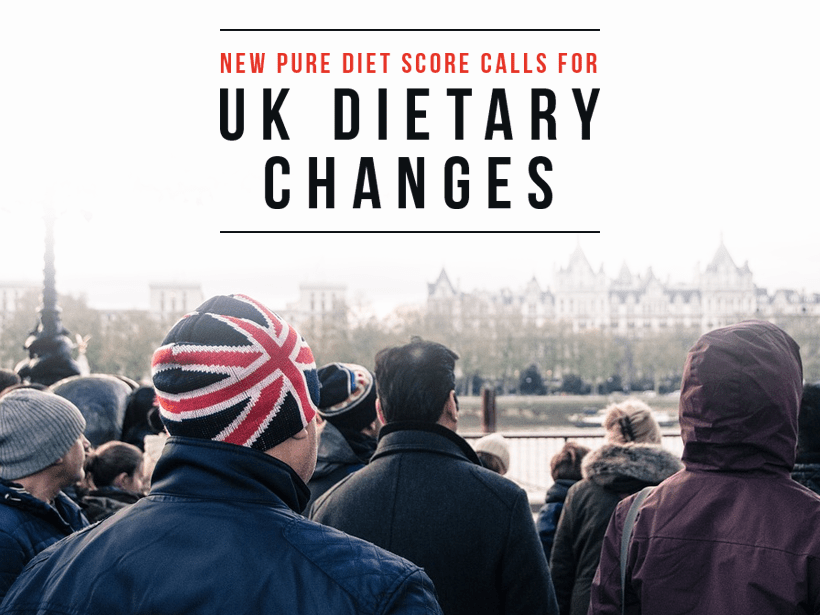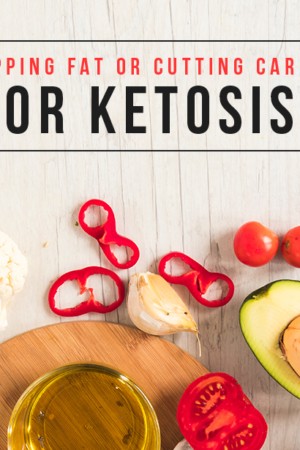The Prospective Urban Rural Epidemiology (PURE) study team recently unveiled their ideal healthy diet at the European Society of Cardiology Congress 20181. The newly-revealed diet score recommends seven particular foods, some of which are in stark contrast to current dietary advice. But what truly sets it apart? See for yourself.
The PURE Diet Score is More Inclusive
According to their research, a diet rich in nuts, fish, dairy, legumes, vegetables, fruit, and red meat helps significantly lower both cardiovascular trauma and premature mortality. PURE researcher, Andrew Mente, Ph.D., says, “You need nutrition beyond fruit and vegetables – dairy and red meats both have many nutrients not found in fruits and vegetables. We looked at the whole diet.”
The PURE diet score also recommends a high fat intake–including saturated fat–noting that this all-encompassing regime improves overall health. PURE diet score guidelines push the envelope with a more inclusive approach, suggesting that neither total fat nor saturated fat is proven associated with an increased risk of cardiovascular disease. And, while current UK guidelines recommend starchy foods over dietary fat, the study’s results put these guidelines on blast.
The Study’s Results in Numbers
The PURE study recorded total mortality numbers, as well as a range of cardiovascular traumas such as heart disease and stroke. Overall, the group whose highest amount of calories was consumed through carbohydrates exhibited a 28 percent higher mortality rate than the group with the lowest. Conversely, the group whose caloric consumption was primarily from fat exhibited a 23 percent lower mortality. Furthermore, their results showed that a higher intake of saturated, monounsaturated, and polyunsaturated fats was directly linked to a lower total mortality2.
The study focused primarily on low- to middle-income countries. There were 138,000 people included in the study though, and 20,000 hailed from Canada, Sweden, or Poland, so Mente says the study’s findings should accurately reflect results in high-income countries, too.
Could High-Fat Lead to Lower Mortality?
While the results of the PURE study created quite the stir, Mente says, “We can’t really speculate on specific causes of deaths prevented – there appears to be a trend towards a reduction of cancer, but we don’t have enough power or follow-up to be sure about that.” He comments that they need to continue to follow, monitor, and report on their population to truly ascertain the extent of their findings.
Ultimately, their diet score, which determines the healthiest and least healthy foods, requires continued research. Since opposition to the data notes that the diet scores were derived from Western populations, researchers are calling for more detailed information on regional dietary patterns. Only time will tell what continued research will show.
NUTRITIONAL DISCLAIMER
The content on this website should not be taken as medical advice and you should ALWAYS consult with your doctor before starting any diet or exercise program. We provide nutritional data for our recipes as a courtesy to our readers. We use Total Keto Diet app software to calculate the nutrition and we remove fiber and sugar alcohols, like erythritol, from the total carbohydrate count to get to the net carb count, as they do not affect your blood glucose levels. You should independently calculate nutritional information on your own and not rely on our data. The website or content herein is not intended to cure, prevent, diagnose or treat any disease. This website shall not be liable for adverse reactions or any other outcome resulting from the use of recipes or recommendations on the Website or actions you take as a result. Any action you take is strictly at your own risk.
- The Hidden Dangers of the HCG Diet - January 30, 2019
- Avoiding Constipation on the Keto Diet - January 28, 2019
- Upping Fat or Cutting Carbs for Ketosis? - January 23, 2019




